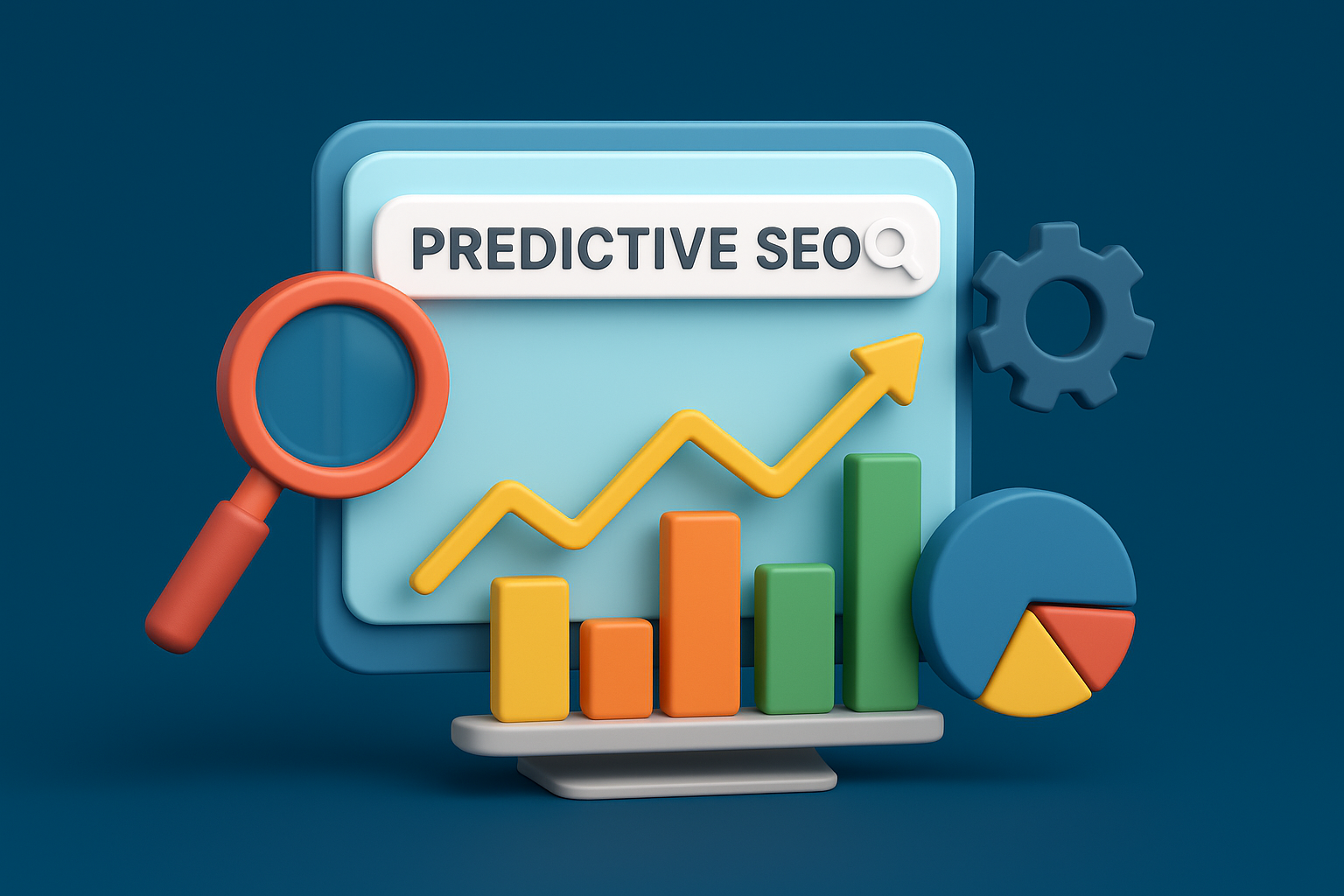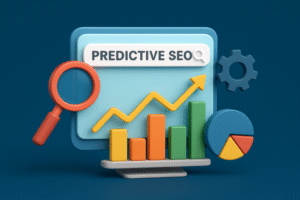

Social Media Integration for SEO
In today’s digital landscape, businesses need a strong online presence to remain competitive. While Search Engine Optimization (SEO) remains the cornerstone of driving organic traffic to websites, social media has emerged as a powerful complementary tool. When integrated effectively, social media can significantly boost SEO efforts, leading to better search rankings, increased traffic, and enhanced brand visibility.
This article delves into how social media integration impacts SEO and provides actionable strategies for leveraging both in your digital marketing approach.
Table of Contents
ToggleThe Intersection of Social Media and SEO
While social media is not a direct ranking factor for search engines like Google, it has an undeniable influence on SEO. Social signals, user engagement, and content amplification are crucial elements that indirectly boost your site’s visibility. Let’s explore some of the key intersections between social media and SEO:
Content Distribution and Amplification:
One of the primary ways social media supports SEO is by amplifying content. When businesses share their website content across platforms like Facebook, Instagram, LinkedIn, and Twitter, they extend its reach beyond just their website visitors. The more a piece of content is shared and engaged with, the higher the chances of it being seen, linked to, and indexed by search engines.
Link Building Opportunities:
Social media provides opportunities for link building, a crucial aspect of SEO. Although links from social media sites are typically “no-follow” (which means they don’t pass PageRank), social platforms increase the exposure of your content, making it more likely to attract inbound links from reputable websites. As more people see and share your content, the chance of earning high-quality backlinks improves.
Brand Visibility and Authority:
Search engines like Google consider brand authority and reputation as ranking factors. Having an active and consistent presence on social media platforms contributes to building brand authority. When users search for your brand, they often encounter your social media profiles along with your website in the search results. A strong social media presence enhances your brand’s credibility, leading to higher click-through rates, more traffic, and, ultimately, improved rankings.
Faster Indexing of Content:
When a website publishes new content, it may take time for search engines to crawl and index the pages. However, when content is shared on social media platforms, it often gets indexed more quickly because search engines can follow the links from social media profiles. Sharing content on platforms like Twitter, which Google actively crawls, can lead to faster content discovery and indexing.
Increased Engagement and Reduced Bounce Rates:
Engagement metrics, such as time on site and bounce rate, can impact SEO rankings. Social media helps attract an engaged audience that is more likely to interact with your content. A user who clicks through from a social post is often more interested in the content, which can lead to higher engagement rates and reduced bounce rates. This sends positive signals to search engines, suggesting that your content is valuable and relevant to users.
Social Proof as a Ranking Indicator:
While social shares themselves don’t directly impact SEO rankings, they can still serve as a form of social proof. Content that is widely shared, liked, and commented on indicates to both users and search engines that it’s popular and valuable. This increases the likelihood of users engaging with your content, which can lead to indirect SEO benefits such as backlinks, higher dwell time, and repeat visits.
Key Strategies for Integrating Social Media with SEO
To fully leverage the synergy between social media and SEO, businesses must implement intentional strategies. Below are practical ways to integrate social media into your SEO approach:
1. Optimize Social Profiles for SEO
Your social media profiles are often among the top search results when people look for your brand. Ensure they are fully optimized by:
- Using consistent branding across all platforms.
- Including targeted keywords in your bios, descriptions, and profile names.
- Linking back to your website, blog, or landing pages.
- Creating custom URLs for your social profiles that include relevant keywords.
2. Create Shareable Content
The more shareable your content is, the more likely it is to gain traction on social media and contribute to your SEO efforts. Some content formats that perform well include:
- Infographics: Visually appealing and easy to share, infographics condense information into a digestible format.
- Listicles: People love “Top 10” or “Best of” lists because they’re easy to consume and share.
- Videos: Video content, especially on platforms like Instagram and YouTube, drives high engagement and sharing rates.
- How-to Guides: Educational content offers value to users and encourages sharing.
3. Encourage Social Sharing on Your Website
Make it easy for visitors to share your website content on social media by incorporating social sharing buttons on every page, particularly blog posts, articles, and product pages. The easier it is for users to share your content, the more likely they are to do so, increasing your content’s reach and impact on SEO.
4. Leverage Influencer Marketing
Collaborating with influencers can significantly amplify your content. Influencers have large, engaged audiences who trust their recommendations. When an influencer shares your content or mentions your brand, it not only increases your social media visibility but also creates opportunities for more traffic, engagement, and potential backlinks, which are beneficial for SEO.
5. Use Social Media to Promote Link-Worthy Content
When creating content for SEO purposes, such as blog posts, whitepapers, or eBooks, use social media as a promotion tool to get the content in front of a wider audience. The more exposure your content gets, the greater the chance of earning links from authoritative websites, which positively impacts your search rankings.
6. Monitor and Analyze Social and SEO Metrics
It’s crucial to regularly analyze the impact of your social media efforts on SEO. Use tools like Google Analytics to track the traffic coming from social media platforms. Similarly, monitor engagement metrics, such as likes, shares, and comments, to gauge how well your content is performing. SEO tools like Ahrefs or Moz can help track your website’s rankings and backlink profile, providing insights into how social media is indirectly influencing your SEO performance.
Conclusion
Social media and SEO should not exist in isolation. When integrated effectively, they create a powerful synergy that enhances online visibility, drives organic traffic, and improves brand credibility. By leveraging social media platforms to distribute content, build authority, and attract engagement, businesses can complement their SEO strategies and achieve better long-term results. Embrace social media as an essential part of your digital marketing toolkit, and watch your SEO efforts flourish.






















Post Comment